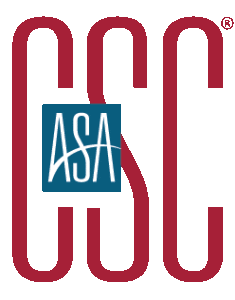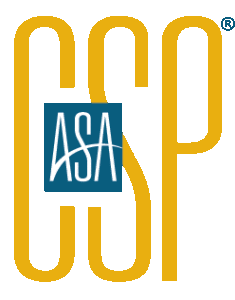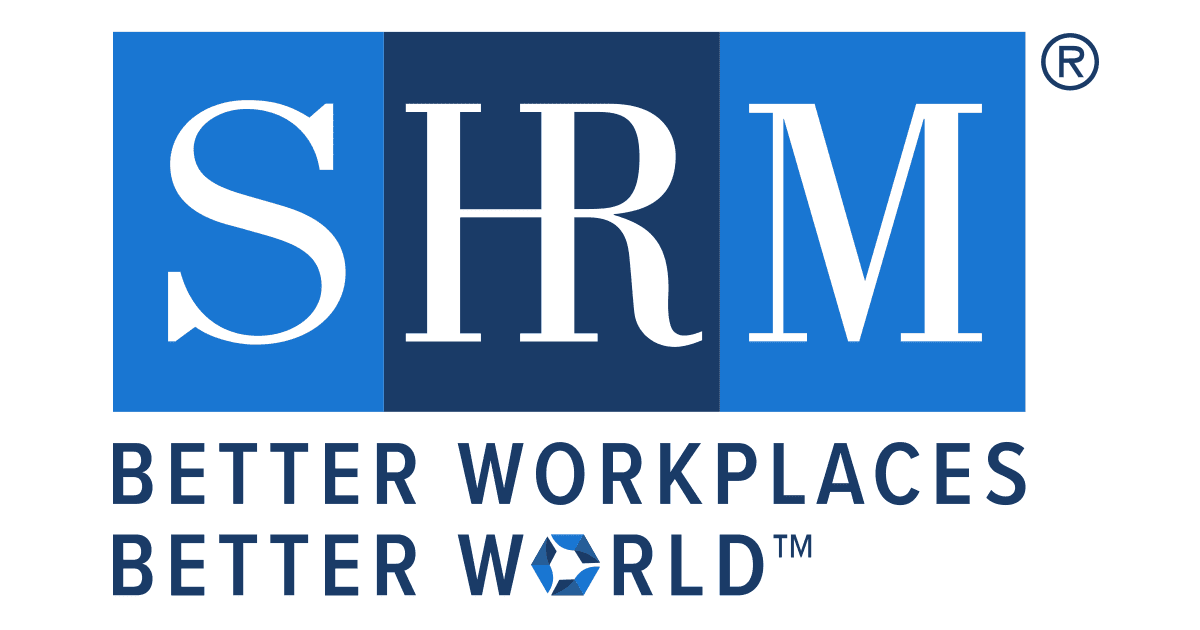Have you considered entering the legal field but don’t know how to begin? Whether you’ve studied for law school or your professional experience amounts to watching Legally Blonde a few times, you might be surprised at the opportunities available as a legal assistant. Washington, D.C., and other major metropolitan areas are ideal markets for entry-level legal assistant jobs. Being a legal assistant is different from being a paralegal, but you will still provide invaluable support to attorneys while gaining experience in the field. Here are our tips on how to land a significant position in this field..header-image{display:none!important;}

What is an entry-level legal assistant job?
Before explaining how to get an entry-level legal assistant job, let’s start with clarity on what it is and isn’t. Although every law office or agency has its requirements and expectations, there are general guidelines for this type of position.
Entry-level legal assistant job descriptions assume that legal assistants should be able to:
- Organize files for the office
- Compile facts for cases
- Follow up on details relating to specific clients or interactions
- Handle client or witness communication
- Conduct research
- File legal documents in court
- Draft documents for litigation
- Process, prepare, sort or proof legal documents
- Maintain client files and information
Essentially, this position assists the lawyer. An entry-level legal assistant job description will involve all varieties of legal work in a supporting capacity. They act primarily as case managers, although some legal assistants also function as legal secretaries. Although they work alongside lawyers, they have different authority over legal documents and presentations.
How is a legal assistant different from a paralegal?
Legal secretaries serve on the administrative side, performing duties such as greeting clients, answering phones, scheduling appointments and maintaining the calendar. Legal assistants can also fill these secretarial roles while supporting the lawyer in other ways, from investigating to writing.
Paralegals perform more in-depth preparatory work and function more similarly to an attorney. For example, a legal secretary might type minutes, while a legal assistant might prepare the case brief and the paralegal could work to develop the ruling with the lawyer directly. Before applying, you can explore more details about these different job categories to determine where you feel best suited.
Can you become a legal assistant with no prior experience?
Becoming a legal assistant with no prior experience is possible, although the process may require dedication and education. Many legal assistants only partially need previous experience, but employers often look for candidates with other qualifications.
Continued education classes allow one to enter the legal assistant role without prior experience. Completing an accredited certification program or earning an associates degree in legal studies can provide you with the foundational knowledge and skills necessary for the role in a Washington, D.C., legal office. These programs typically cover legal research, writing and the basic foundations of the legal system.
Additionally, gaining practical experience through internships or volunteer opportunities can enhance your resume and demonstrate your commitment to the field. Networking within the legal community, attending industry events and joining professional associations can also open doors to future job opportunities.
While lack of experience may be a hurdle for any job, emphasizing transferable skills such as organization, attention to detail and effective communication can make you a compelling candidate on your resume and during an interview. Expressing a willingness to learn and adapt to the specific needs of a legal setting can also make you more attractive to employers seeking motivated individuals for these highly desired entry-level positions.
Tip #1: demonstrate effective communication skills
If you want to get hired for an entry-level legal assistant job, it is essential to demonstrate your ability to communicate effectively. Whether managing the lawyers’ schedules, compiling facts for cases, or drafting documents for litigation, you must get your point across clearly and effectively.
While many lawyers and legal institutions are willing to train entry-level workers on the minutiae of their processes and their specific law practices, they expect employees to come in knowing how to express themselves in appropriate and precise language with demonstrated writing skills.
Demonstrate your practical communication skills in your resume and during your interview. Legal assistants often manage communication with clients and witnesses, which is crucial in facilitating inter-office communication. Because of this, you must demonstrate your proficiency in that role.
Tip #2: highlight the experience you do have
Yes, we’re talking about entry-level legal assistant jobs, but that doesn’t mean you lack relevant experience. Don’t worry if you don’t have a legal background; you can showcase other experiences or traits that align you with the position, so make those aspects of your application clear.
For instance, you can demonstrate how you have already managed extensive schedules in the past or that you served in an administrative capacity or leadership position for an extracurricular group during your education.

Tip #3: Express a willingness to learn
When it comes to entry-level legal assistant job descriptions, they all seem to recognize that having the right attitude matters more than knowing the ins and outs of the law. While legal expertise is appreciated, it is unnecessary when you are starting in an entry-level role. What matters most is your teachability.
In our experience in Washington, D.C., most entry-level legal assistant job descriptions require an eagerness to benefit from the law firm’s expertise. It is crucial to present yourself as a competent communicator ready to learn how the law firm wants things done rather than showing up as a legal expert already entrenched in a specific structure or process.
Tip #4: Leverage expertise
Once you’ve polished up your resume and prepared for your interview by demonstrating practical communication skills, highlighting the relevant experience you do have and expressing a willingness to learn, it’s time to land an entry-level legal assistant job. While you can navigate your job search independently, leveraging the experience of professionals in the staffing field is more manageable, less stressful and more effective.
At Whitman Associates, Inc., we are celebrating over 50 years of providing expert staffing in Washington, D.C. and the surrounding area. Start by emailing your resume to resumes@whitmanjobs.com to see what doors can open for you.

























